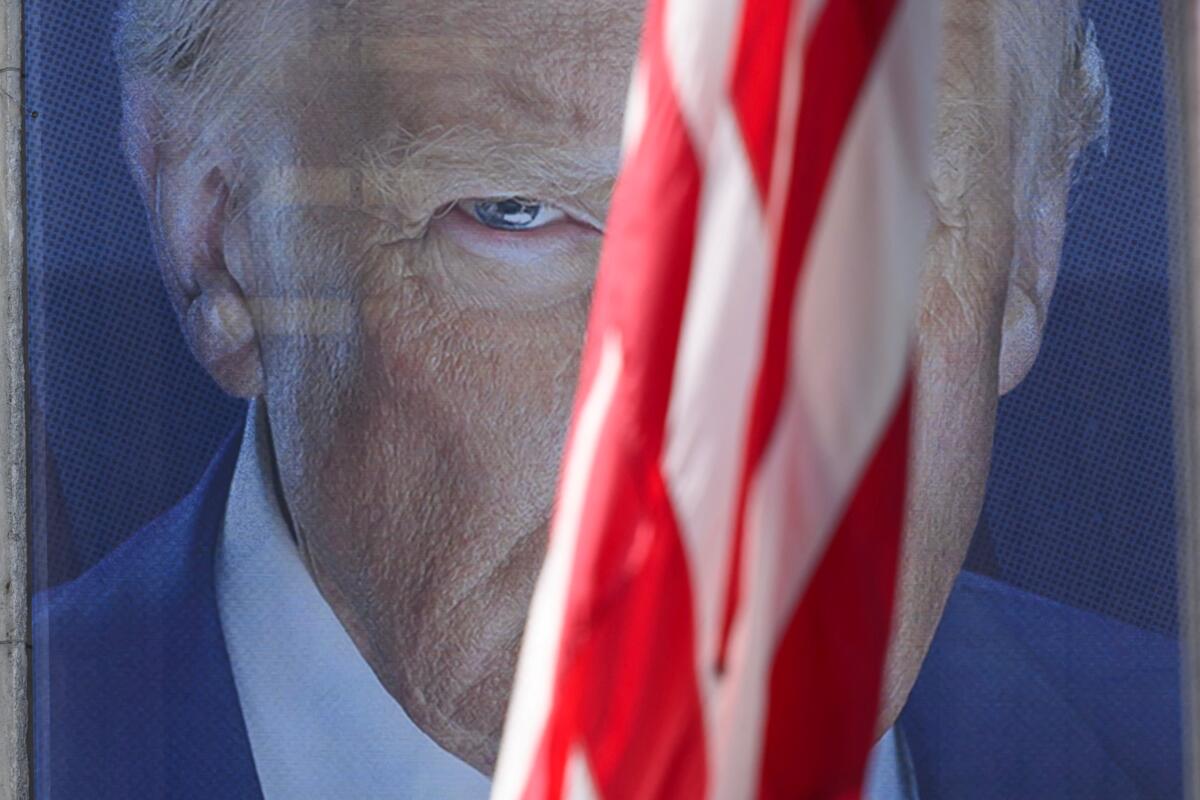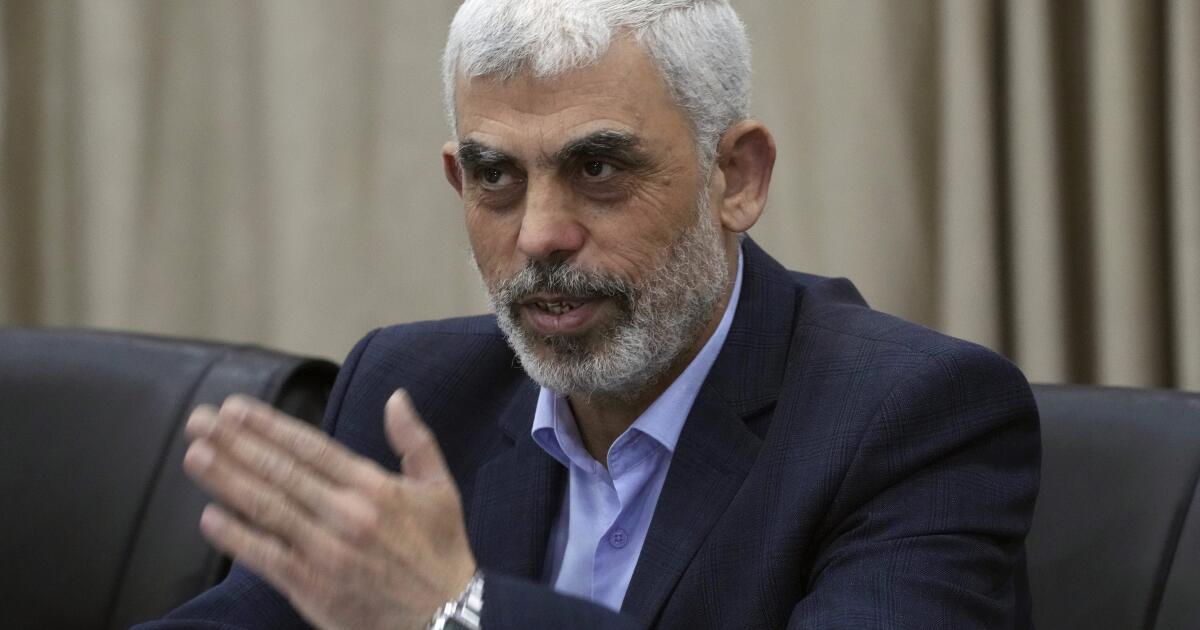(Reuters) – Portugal will hold a snap general election on Sunday that is likely to produce a hung parliament and give more political clout to the far right.
Opinion surveys show that neither of the two main contenders – the Socialist Party, on around 28%, or the Democratic Alliance on over 30% – will get a working parliamentary majority.
Following are snapshots of the main parties and leaders::
SOCIALIST PARTY (PS), INCUMBENT
The centre-left PS is a dominant force in Portuguese politics and has been in government the longest since the 1974 fall of a fascist dictatorship.
In power since late 2015, it has pledged to raise the minimum wage and promote industrial projects to create jobs and boost competitiveness.
Pedro Nuno Santos, 46-year-old trained economist, is its new leader, after Prime Minister Antonio Costa resigned in November amid an investigation of alleged illegalities in his government’s handling of large investment projects.
Nuno Santos is associated with the left wing within the PS, but his wealthy family background has earned him the label “caviar leftist”. He acknowledged in 2018 having sold his Porsche sports car because “it didn’t feel right” owning one.
He has described himself as “a cobbler’s grandson, son of a businessman” to show that he understands the challenges faced by workers and businesses.
As a junior minister, he successfully coordinated support for Costa’s first government with the hard-left Communist Party and Left Bloc in 2015-19.
He then became housing and infrastructure minister, a stint in which he faced public criticism for failing to tackle soaring housing prices amid a tourism boom. He resigned in late 2022 over a scandal around a large severance payout by state-owned airline TAP, which he oversaw.
DEMOCRATIC ALLIANCE (AD) OF PSD, CDS-PP, PPM
The newly-formed alliance groups the centre-right Social Democratic Party (PSD) – the Socialists’ main traditional rival – and two conservative parties without parliamentary representation.
PSD leader Luis Montenegro is their candidate.
With promises of tax cuts for the middle class and companies, the 51-year-old trained lawyer and former lifeguard hopes to bring his party back to power after it was unseated in 2015 after presiding over a period of painful austerity dictated by the terms of an international bailout.
Montenegro struck a deal with the more conservative parties in a bid to contain the fast rise of the far-right party Chega that may become kingmaker in a new parliament.
He has rejected Chega’s proposal to negotiate a post-election coalition and ruled out any reliance on Chega’s support to govern, even though opinion polls suggest only the combined right including Chega would get a parliamentary majority.
CHEGA (‘Enough’)
Created just five years ago, the populist, anti-establishment Chega became the third-largest parliamentary force in the 2022 election, with 7% of the vote, and opinions polls show it could almost triple that result this time.
Its leader, 41-year-old Andre Ventura, once trained to be a priest, graduated in law, but made his name as a TV sports commentator. He is a former PSD member who gained notoriety in 2018 with incendiary remarks against the local Roma community.
A year later he founded Chega, advocating tougher sentences for criminals, including chemical castration for repeat rapists, an end to Portugal’s “open doors” immigration policy and accusing the PS and PSD that have ruled Portugal for the past 50 years of perpetuating corruption.
Polls show support for Chega growing among young people due to its activity on social networks such as Instagram and Tik Tok.
LIBERAL INITIATIVE
The business-friendly centre-right party advocates economic reforms, lower taxes and less bureaucracy. It is polling at around 5%, in line with its 2022 result.
LEFT BLOC
Far from the peak of popularity that gave them 19 parliamentary seats in 2015 and 2019, the hard-left party won only five seats in 2022 on 4.4%, but could win a few more now.
Led by 37-year-old economist Mariana Mortagua, it defends a stronger welfare state, rent controls, taxing the wealthy and big companies, and has made overtures to ally with the PS.
COMMUNIST PARTY
Once a major force in Portuguese politics, it won just 4.3% in 2022 and opinion polls show its support waning further after veteran leader Jeronimo de Sousa was replaced by little-known former baker Paulo Raimundo, 47, in 2022.
LIVRE
The leftist party looks set to add an extra seat or two to the one it won in 2022.
PAN (PEOPLE, ANIMALS, NATURE): The left-leaning party is at best expected to again elect one lawmaker.
(Reporting by Patrícia Vicente Rua; Editing by Andrei Khalip, Josie Kao and Chizu Nomiyama)

